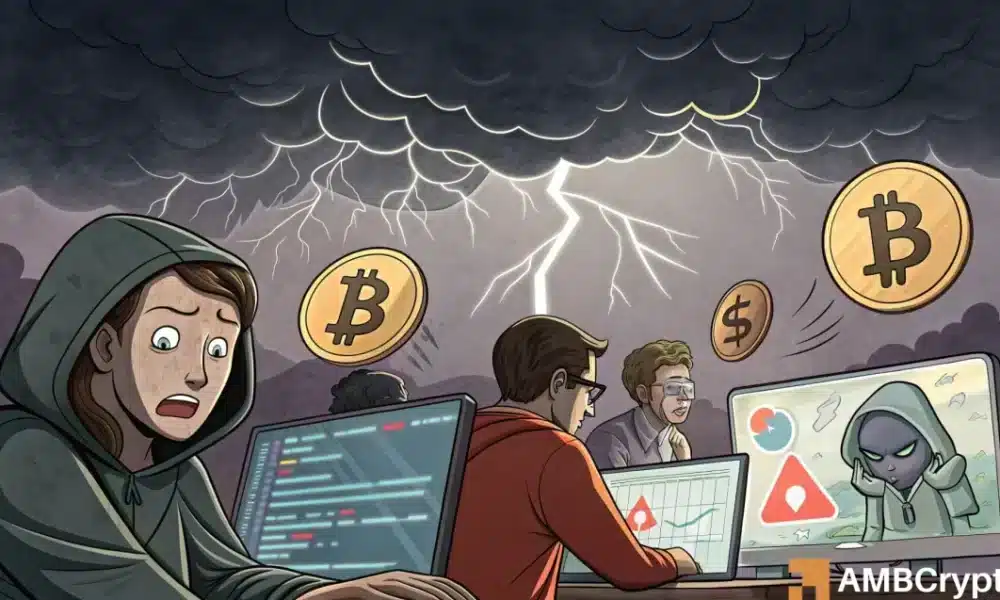Key Takeaways
ZachXBT exposé revealed over 200 influencers taking payouts without disclosure, spotlighting hidden risks and raising fresh concerns about transparency in crypto promotions.
Crypto scams are evolving at a staggering pace, with scammers constantly finding new ways to exploit users. Even social media influencers are under scrutiny.
ZachXBT exposé shakes crypto Twitter
On the 1st of September, Web3 investigator ZachXBT revealed evidence that many crypto influencers failed to disclose paid promotions on their platforms.
Providing further insights, the blockchain sleuth published a detailed spreadsheet listing over 200 influencers. That spreadsheet included pricing and wallet addresses for token promotion campaigns.
The report said that fewer than five out of more than 160 who accepted deals actually flagged their sponsored content.
“From 160+ accounts who accepted the deal I only saw <5 accounts actually disclose the promotional posts as an advertisement.”
The spreadsheet reportedly included detailed information about influencer payments. It listed per-post rates ranging from a few hundred dollars to five-figure sums.
It also contained Solana [SOL] wallet addresses used for payments, along with links to on-chain transaction receipts confirming those transfers.
Community backlash builds
Reacting to the disclosure, an X user named Loshmi commented on the implications for influencer transparency in the crypto space.
“The amount of people that support @xiacalls even after i and a few other people called him out for catfishing is absurd.”
Loshmi further added,
“He changed his account from @xiaweb3 to @xiacalls and altered his entire appearance, yet still earns nearly $2,000 for just two paid promos.”
Echoing similar sentiments, Erick, Founder of AskSplat and Co-founder of TheOTCNetwork, weighed in on the phenomenon,
“I’ve been saying since 2021 its wild people in crypto dont see the need to alert their following with a #ad at the end of the post.”
On top of that, ZachXBT noted that many influencers ran small giveaway posts to farm engagement, often targeting users in developing countries.
What does this highlight?
All these recent revelations by ZachXBT showcase a worrying trend in the crypto industry.
These promotional practices often involve so-called key opinion leaders (KOLs). As a result, promoters can profit from thinly traded tokens by leveraging the influence of these individuals.
However, this leaves investors exposed to potentially misleading or undisclosed promotional content.
In the U.S., such behavior may trigger regulatory scrutiny. Specifically, the Federal Trade Commission (FTC) requires influencers and promoters to clearly disclose any material connections to the projects they endorse.
Failure to do so, therefore, could lead to enforcement actions or penalties.
Yet many influencers continue to operate in gray areas, raising concerns about transparency and investor protection.







